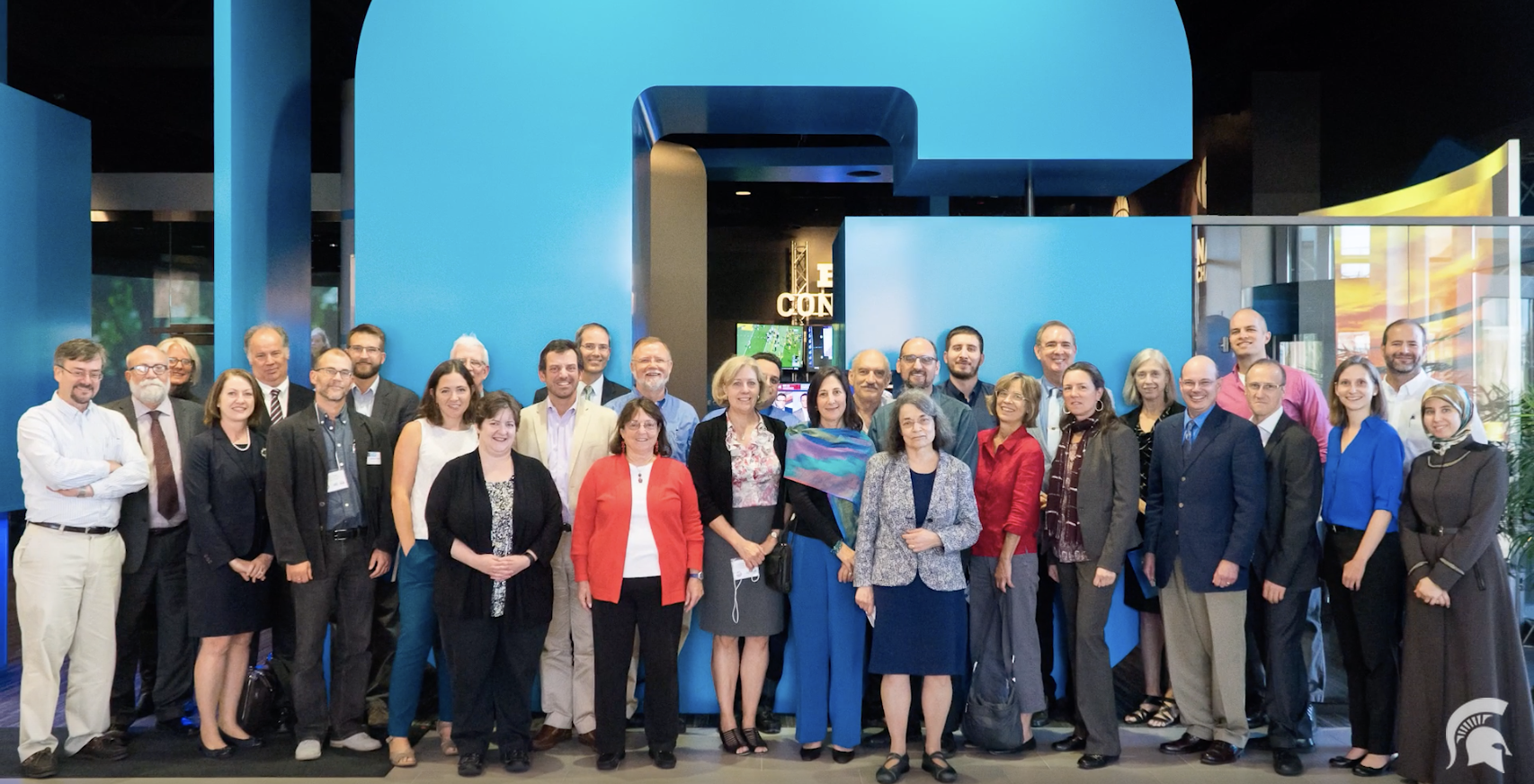(Reposted from the LCTL Partnership News Site, originally published 2017)
The first months of the project have been both invigorating and challenging. The project started in earnest with a Kickoff Symposium in September 2016, where constituents of the Big Ten Academic Alliance came together to talk about two Mellon projects – one facilitated by Michigan State University and another from the University of Chicago.
Soon after that kickoff meeting, Swahili was chosen as the first language of focus for our project. We worked on getting commitments from core and affiliate partner universities for their participation. The engagement and interest from the participants was inspiring to see.
Despite our high hopes for a completely smooth start, creating a new initiative is not easy. It can be daunting to try to establish collaborative groups, forge partnerships, and create new methods of approaching old problems in an innovative way.
Some highlights:
- Our Swahili Working Group is developing six modules, ranging from intermediate high to advanced mid target proficiency levels. (We’ll do another post on this in more detail!)
- We chose a second language and our core/affiliate partners for Years 2 and 3 of the project: Hindi! They will begin their work in September.
- We ran a two-day workshop for Big Ten Academic Alliance institutions, with 19 participants from 10 different institutions plus Mellon partners from the University of Chicago. Another workshop will be offered in December.
Some challenges:
- The Intellectual Property discussion was very difficult. Finding language that respective institutions could agree to took a lot of time, but the language that was ironed out in the first subaward agreement is now being used in subsequent contracts!
- Creating an intentional community of practice is not a natural process. However, we have had some really valuable discussions regarding communication and collaboration.
Our Principal Investigator, Dean Christopher Long, and two of our co-investigators, Susan Gass and Koen Van Gorp, wrote a commentary about the project in the latest issue of the journal Europe Now. Check it out for more highlights and challenges!
